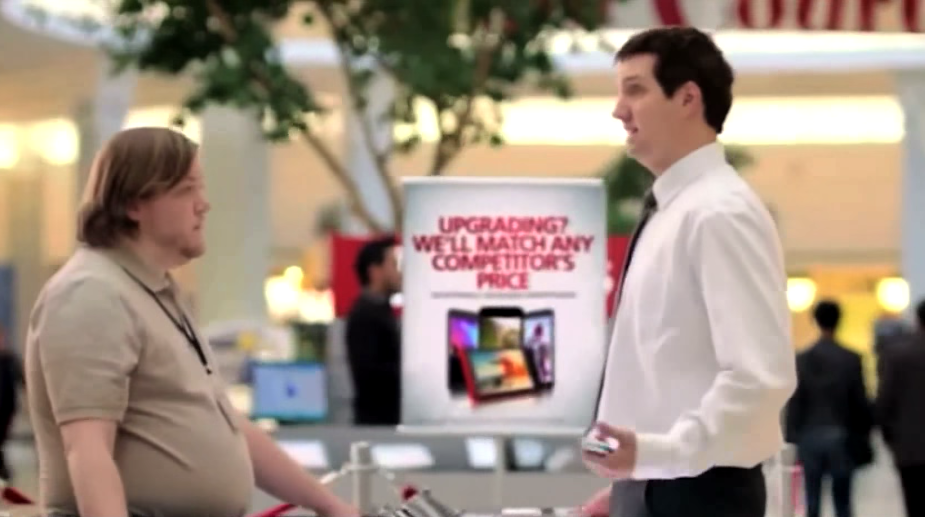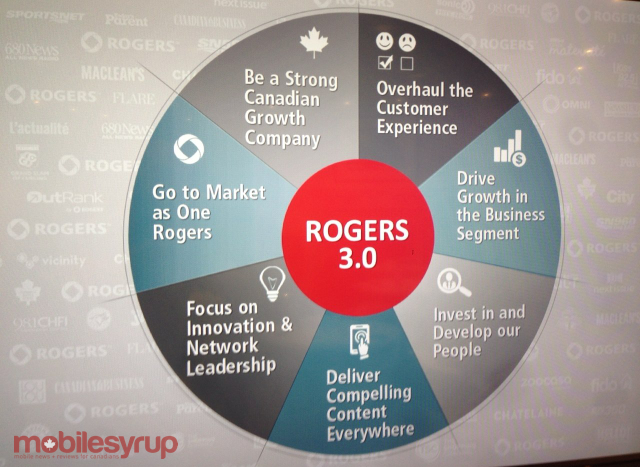
The CRTC is currently holding a public hearing in Gatineau to review the structure and mandate of the Commissioner for Complaints for Telecommunications Services (CCTS).
The CCTS was created in 2007 and is an independent, industry-funded agency that allows customers to dispute issues such as billing, contracts and service regarding telephone, wireless and Internet providers. It issues bi-yearly reports with totalling the number of complaints Canadians submit, which most often include wireless billing errors, with Bell and Rogers topping the list.
Today, Kim Walker, Rogers’ Ombudsperson, commented on the CCTS’ structure, stating that it should be “a destination of last resort” for consumer complaints , and should be only be used after all available options have been completed, similar to the way the Ombudsman for Banking Services and Investments (OBSI) functions.
“The customer is required to present a ‘deadlock’ letter from the financial institution demonstrating that the complaint has been reviewed, but resolution was not reached. This ensures transparency and accountability on the part of financial institutions and OBSI,” said Walker. “What this could do for our industry is provide clients with a sense of trust and good faith in the ability of the service provider to resolve issues while still maintaining an avenue of recourse, if it is necessary.”

The current CCTS model makes it easy for wireless, internet, home phone or cable customers to simply submit a complaint. Rogers is seeking additional time to settle the dispute before the CCTS gets involved.
Saskatchewan regional carrier SaskTel also feels the same way. Bill Beckman, senior director of regulatory affairs at SaskTel, noted, “If the consumer and service provider resolve the issue during the five-day period, the matter would be resolved before the complaint is accepted and before a file is even opened. There would be no need to hire extra staff or to make major system changes.”
The latest CCTS report revealed Bell had the most complaints with 1,989, representing 36.3 percent of the total. Rogers came in second with 1,240 complaints, or 22.6 percent of the total, followed by Wind Mobile with 361 complaints. Virgin Mobile with 312 complaints, and Fido, a sub-brand of Rogers, received 306 accepted complaints.
Rogers, which has 9.82 million wireless subscribers, unveiled its ‘Rogers 3.0’ plan on in 2014, with the goal operating as “One Rogers” to improve the customer service experience.
[source] Cartt [/source]
MobileSyrup may earn a commission from purchases made via our links, which helps fund the journalism we provide free on our website. These links do not influence our editorial content. Support us here.


